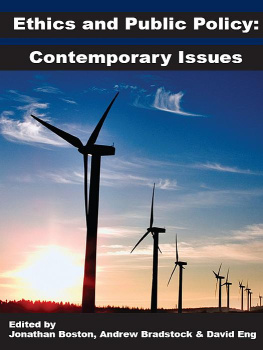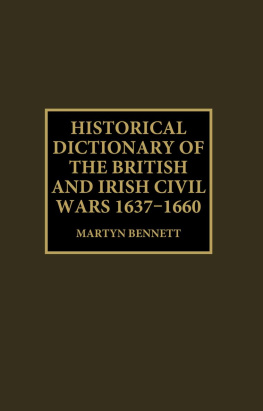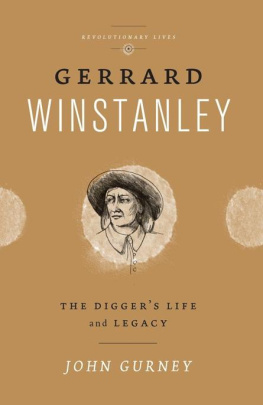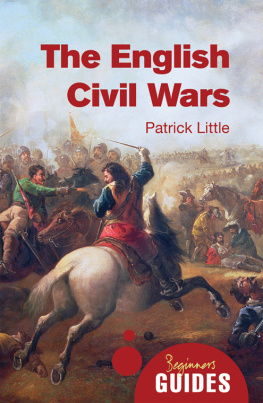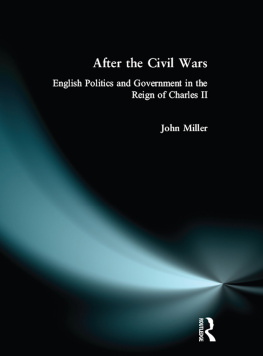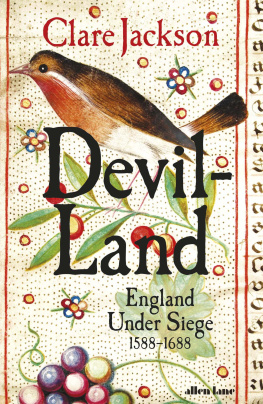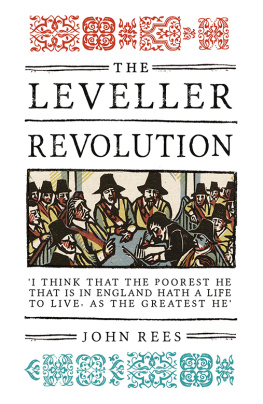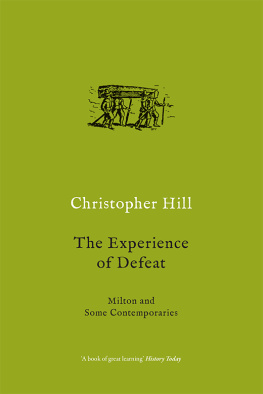Andrew Bradstock - Radical Religion in Cromwells England: A Concise History from the English Civil War to the End of the Commonwealth
Here you can read online Andrew Bradstock - Radical Religion in Cromwells England: A Concise History from the English Civil War to the End of the Commonwealth full text of the book (entire story) in english for free. Download pdf and epub, get meaning, cover and reviews about this ebook. year: 2010, publisher: Bloomsbury Publishing, genre: Religion. Description of the work, (preface) as well as reviews are available. Best literature library LitArk.com created for fans of good reading and offers a wide selection of genres:
Romance novel
Science fiction
Adventure
Detective
Science
History
Home and family
Prose
Art
Politics
Computer
Non-fiction
Religion
Business
Children
Humor
Choose a favorite category and find really read worthwhile books. Enjoy immersion in the world of imagination, feel the emotions of the characters or learn something new for yourself, make an fascinating discovery.

- Book:Radical Religion in Cromwells England: A Concise History from the English Civil War to the End of the Commonwealth
- Author:
- Publisher:Bloomsbury Publishing
- Genre:
- Year:2010
- Rating:5 / 5
- Favourites:Add to favourites
- Your mark:
Radical Religion in Cromwells England: A Concise History from the English Civil War to the End of the Commonwealth: summary, description and annotation
We offer to read an annotation, description, summary or preface (depends on what the author of the book "Radical Religion in Cromwells England: A Concise History from the English Civil War to the End of the Commonwealth" wrote himself). If you haven't found the necessary information about the book — write in the comments, we will try to find it.
Andrew Bradstock critically appraises each group and its ideas, taking into account the context in which they emerged, the factors which influenced them, and their significance at the time and subsequently. The role of political, religious, economic and military factors in shaping radical opinion is explored in full, as is the neglected contribution of women to these movements. Drawing on the authors long study of the topic, Radical Religion in Cromwells England brings a remarkable era to vivid and colourful life.
Andrew Bradstock: author's other books
Who wrote Radical Religion in Cromwells England: A Concise History from the English Civil War to the End of the Commonwealth? Find out the surname, the name of the author of the book and a list of all author's works by series.

